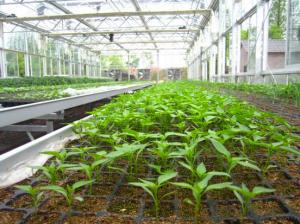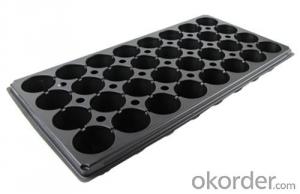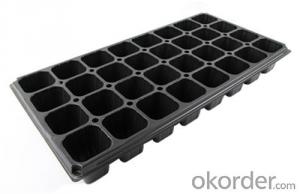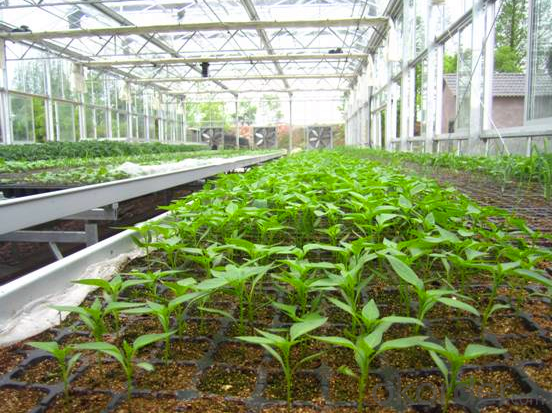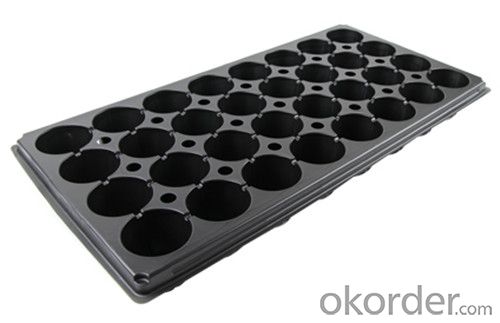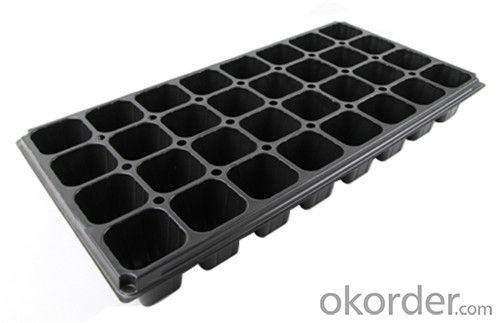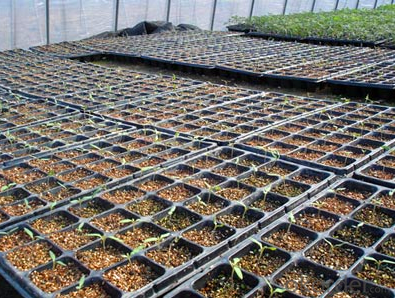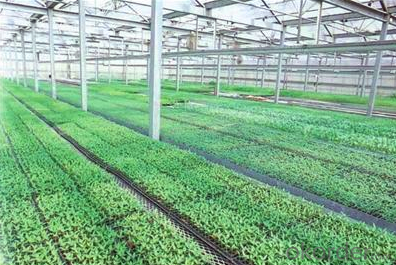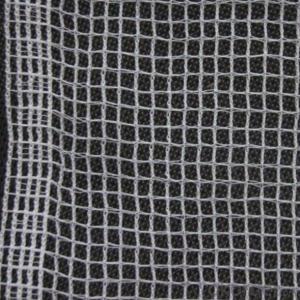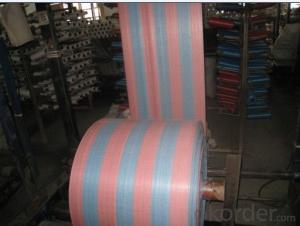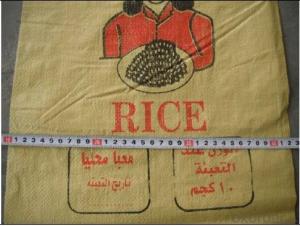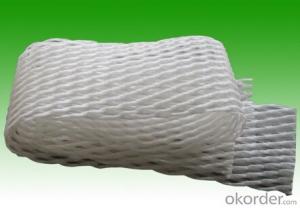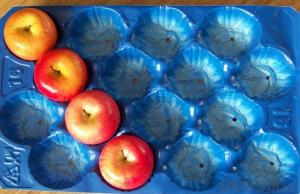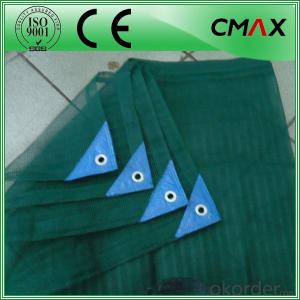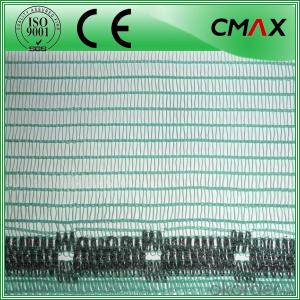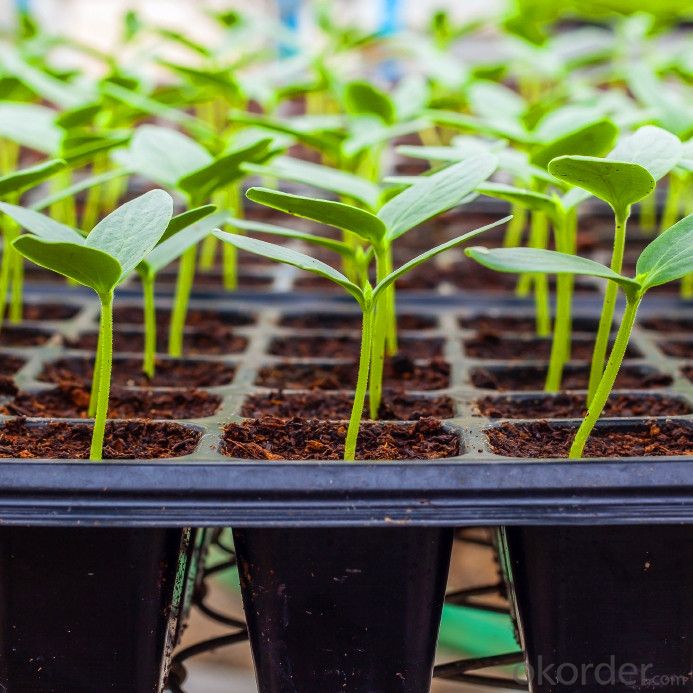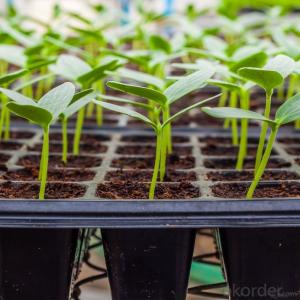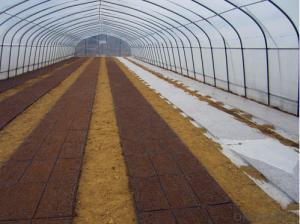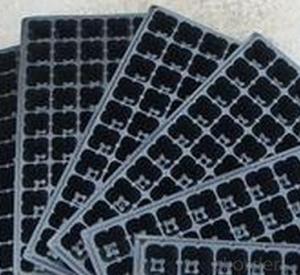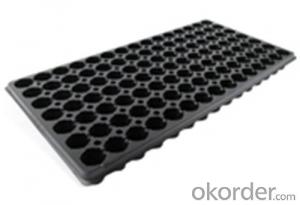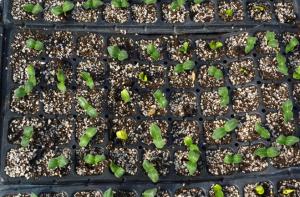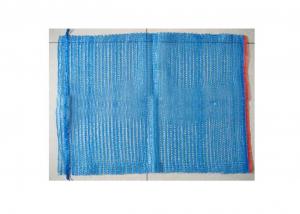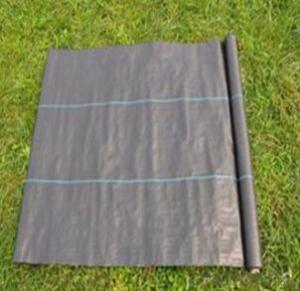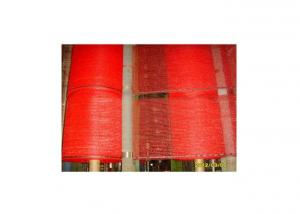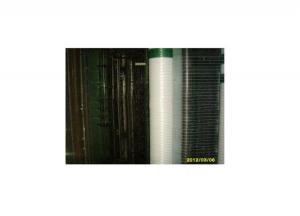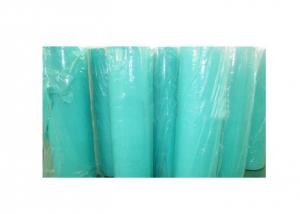Raise Seeding Tray (Seed Tray,Nursery Tray, Planter Tray)
- Loading Port:
- China main port
- Payment Terms:
- TT OR LC
- Min Order Qty:
- 1000 pc
- Supply Capability:
- 10000000 pc/month
OKorder Service Pledge
OKorder Financial Service
You Might Also Like
Structure of the seed tray: · Top quality and competitive price. · Variety design and good appearance. · Easy to use, and remove. · Durable and reusable. · Eco-Friendly.
Advantages: · Top quality and competitive price. · Variety design and good appearance. · Easy to use, and remove. · Durable and reusable. · Eco-Friendly.
Application: · Ideal for Starting seeds and Transplanting Seedling. · Suitable for both manual and automatic planting. · Suitable for Propagating Vegetables, Flowers and other plant from seed · in green-house or indoors.
Description Main Features of the seed tray: · Ideal for Starting seeds and Transplanting Seedling. · Suitable for both manual and automatic planting. · Suitable for Propagating Vegetables, Flowers and other plant from seed in green-house or indoors. Using time: · thickness of 0.5mm can be used 1 to 2 times. · thickness of 0.6mm can be used 3 to 4 times. · thickness of 0.7mm can be used 5 to 6 times. · thickness of 0.8mm can be used 7 to 8 times. · thickness of 0.9mm can be used 8 to 9 times. · thickness of 1.0mm can be used 8 to 10 times. Thickness vs. Weight: · Thickness of trays are from 0.5mm to 1.0mm. · 1.0mm: 155g±5g; 100pcs/ctn. · 0.9mm: 140g±5g; 120pcs/ctn. · 0.7mm: 110g±5g; 150pcs/ctn. · 0.6mm: 95g±5g; 180pcs/ctn. · 0.5mm: 80g±5g; 200pcs/ctn.
Seed Tray Specification: Materialps/pvcThickness0.5mm-1.5mm, standard:1mmWeight80g(±5)g-230g(±5)g, Standard weight:155g(±5)gSizelength:490mm-540mm, width:190mm-345mm,depth:25mm-150mm Standard:54mmX28mmCell count18-512Packagein cartonUsing time8-10 times
FAQ: Q:How Can I Get A Sample? A:You can get samples by communicate with our export sales. Q:How Long Is Delivery? A:Delivery time will be 7-25 days according to order quantity. Q:What Is The MOQ? A:Our MOQ is 1*20FT container quantity, allow to mix several items. Q:What Is Our Normal Payments Terms? A:Our normal payment terms now is T/T, L/C or Western Union,Papal. Q:How Do I Order Your Products? A:You can check our website for any items you interest and you can also get communication with our export sales and order for it accordingly. Q:What Kinds Of Material We Use In Our Product? A:Our plastic flower pots use material such as PP polymer or PE polymer.
|
- Q: What are some ground cover options for a Japanese-style courtyard?
- Some ground cover options for a Japanese-style courtyard include moss, gravel, pebbles, and low-growing plants like mondo grass, ferns, or creeping thyme.
- Q: How do nursery trays help in reducing transplant shock?
- Nursery trays help in reducing transplant shock by providing a controlled and protected environment for young plants. The trays offer root insulation, preventing them from being exposed to extreme temperatures and environmental stress. Additionally, the trays promote healthy root development by allowing for proper drainage and aeration, which reduces the risk of root damage during transplantation. This ultimately minimizes transplant shock and improves the success rate of transplanting young plants.
- Q: What are some ground cover options for clay soils?
- Some ground cover options for clay soils include creeping phlox, creeping thyme, sweet woodruff, and ajuga.
- Q: What are the different types of agricultural plastic sheets?
- There are various types of agricultural plastic sheets available, including greenhouse plastic films, mulch films, silage films, and shade nets.
- Q: Do nursery trays come with drainage holes?
- Yes, nursery trays typically come with drainage holes to allow excess water to drain out, preventing overwatering and root rot.
- Q: Do you think plastic bags should be banned? Please say yes or no and why
- I'd okorder /
- Q: Can ground cover plants be used to create a natural-looking border or edge?
- Yes, ground cover plants can be used effectively to create a natural-looking border or edge. By selecting low-growing plants with spreading or trailing habits, such as creeping thyme, ajuga, or vinca minor, you can create a beautiful and seamless transition between different areas of your garden or landscape. Ground cover plants not only provide a visually appealing border, but they also help to suppress weeds, retain moisture, and protect the soil, making them a practical and eco-friendly choice.
- Q: Are nursery trays suitable for starting strawberry plants?
- Yes, nursery trays are suitable for starting strawberry plants. They provide a controlled environment for seed germination and early plant growth. The trays also allow for easy monitoring and transplanting of the strawberry plants once they have developed.
- Q: Can nursery trays be used for growing epiphytic plants?
- Yes, nursery trays can be used for growing epiphytic plants. However, it is important to ensure that the trays provide adequate drainage and aeration for the roots of the epiphytic plants. Additionally, it may be necessary to modify the trays by adding materials like sphagnum moss or bark to create a suitable growing medium for these plants.
- Q: What are the different types of plastic trays used in horticulture?
- There are several types of plastic trays used in horticulture, including seedling trays, propagation trays, nursery trays, and plug trays. These trays are designed to support the growth and development of plants, providing proper drainage, aeration, and space for root expansion. Seedling trays are used for germinating seeds, propagation trays for rooting cuttings, nursery trays for growing young plants, and plug trays for producing uniform seedlings or plugs for transplanting.
Send your message to us
Raise Seeding Tray (Seed Tray,Nursery Tray, Planter Tray)
- Loading Port:
- China main port
- Payment Terms:
- TT OR LC
- Min Order Qty:
- 1000 pc
- Supply Capability:
- 10000000 pc/month
OKorder Service Pledge
OKorder Financial Service
Similar products
Hot products
Hot Searches
Related keywords
